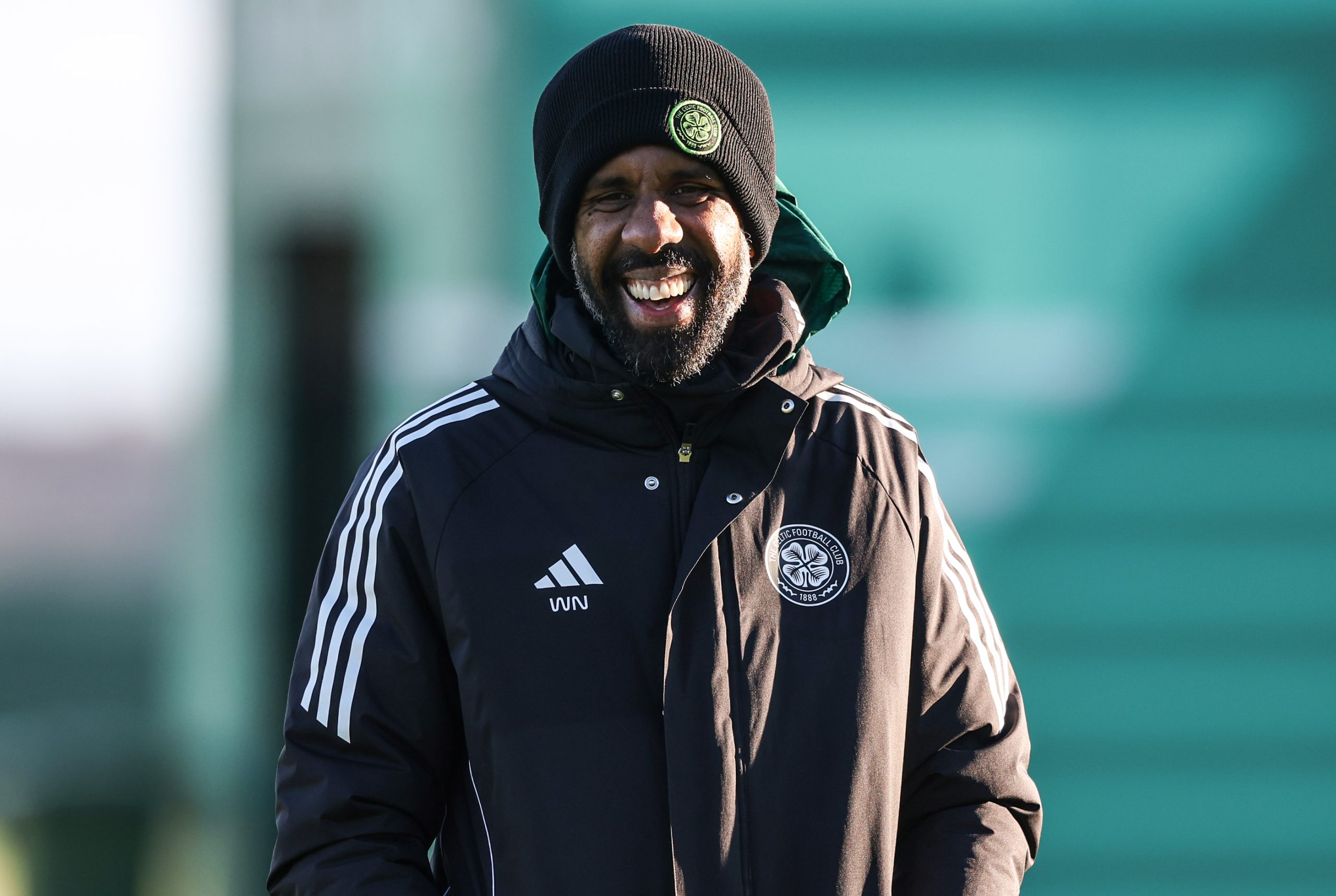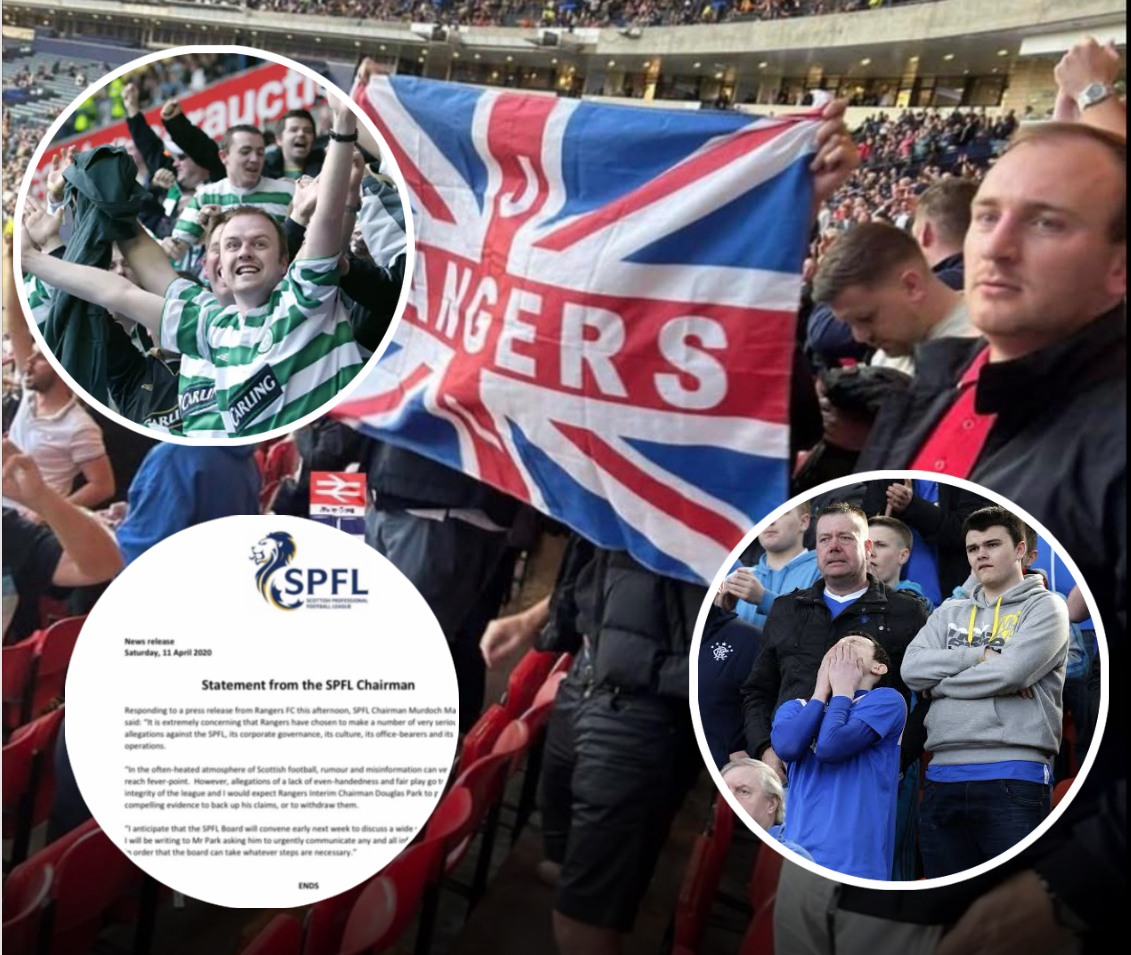MARTIN O’NEIL NAMES THREE PLAYERS NOT IN HIS PLANS IMMEDIATELY AFTER FIRST GAME , TELLS THEM TO FIND NEW CLUBS
A comfortable 4–0 victory over Falkirk had just signalled a confident start to the new campaign, the stands buzzing with chants and optimism. Goals from Kenny, Nygren, and Tounkti had sent supporters home smiling — a performance brimming with control, creativity, and the kind of authority that hinted at a dominant season ahead.
But what unfolded behind closed doors immediately after the final whistle left players and staff stunned.
Within minutes of the post-match team talk, Martin O’Neill reportedly called three senior squad members into his office — one by one — and delivered a message few saw coming: they were no longer in his plans.
From Triumph to Turmoil
Insiders close to the club described the atmosphere as “jarring.”
One source told The Herald Sport, “The mood flipped in seconds. One moment the lads were laughing, high-fiving after a big win, and the next there was silence. The gaffer’s tone made it clear this wasn’t a performance issue — it was about his long-term vision.”
O’Neill, now back at the helm and determined to stamp his identity on this Celtic side, has wasted no time in shaping the squad in his image. Known for his sharp tactical mind and uncompromising man-management, he’s long been admired for his ability to make tough decisions — but this one, insiders say, was “brutal even by his standards.”
Celtic’s 4–3–3 looked fluid and fearless against Falkirk.
Kenny’s double before halftime set the tone, Nygren’s clever finish after the break added flair, and Tounkti’s late strike capped a professional display.
Yet while the performance seemed to showcase Celtic’s depth, O’Neill apparently saw something else — a need to trim the edges, tighten the core, and move on from familiar faces who, in his mind, no longer fit the system he’s building.
O’Neill’s New Era Philosophy
Since returning, O’Neill has spoken openly about wanting energy, discipline, and tactical balance — a side capable of dominating possession but also ruthless on transitions.
He has been clear: sentiment has no place in success.
During pre-season, his comments hinted at impending changes.
“I’ve got a good group of players here,” he told reporters in July. “But a big club like Celtic should never stand still. Some players will move on, others will step up. That’s football.”
Those remarks now seem prophetic.
O’Neill’s message to the squad post-match was reportedly concise:
“Enjoy tonight, but understand this is only the beginning. Some difficult decisions are coming — and they’re necessary if we’re going to reach the level expected of Celtic.”
And true to his word, the decisions came swiftly.
The Dressing Room Shock
It’s understood that as the rest of the team cooled down, O’Neill’s staff quietly asked three senior players to report to his office. Each meeting lasted less than five minutes.
By the time the players emerged, word had spread — and by the next morning, the story had already leaked.
One teammate, speaking on condition of anonymity, said:
“It hit everyone hard. These are lads who’ve been part of the club for years — proper Celtic men. Nobody expected that conversation to happen on the same night as a win like that.”
The timing, while harsh, reflects O’Neill’s trademark decisiveness.
Those who know him from his earlier spell at Celtic or his time with Aston Villa and Sunderland will recall the same pattern — success built on swift, clear choices and a refusal to let emotion cloud judgment.
The Names Revealed
By Monday morning, the speculation had reached fever pitch.
Supporters flooded social media with theories — some pointing at younger fringe players, others fearing it might be key veterans.
But when the dust settled, the truth was both shocking and symbolic.
Martin O’Neill had informed Callum McGregor, James Forrest, and Osaze Osemond (a young academy prospect) that they were free to find new clubs.
McGregor’s inclusion, in particular, sent shockwaves through the Celtic fanbase.
The captain and long-serving midfielder, who had been substituted in the 77th minute during the Falkirk match, has long been seen as the heartbeat of the side. His leadership, technical intelligence, and deep ties to the club made him a fan favourite — and an unexpected casualty of O’Neill’s shake-up.
Forrest, too, represents a pillar of Celtic’s modern era.
A veteran winger with countless medals and memorable moments, he has spent over a decade in green and white. But with O’Neill’s preference for high-intensity pressing and younger, pace-driven wide players, the 33-year-old was always likely to face questions about his long-term place.
As for Osemond, the decision reflects a more tactical pruning of the squad — the young forward was highly rated but has struggled to break through amid fierce competition. O’Neill’s message to him was reportedly encouraging: “Go play. Get minutes. This isn’t the end for you — it’s the start of something else.”
Why O’Neill Made the Call
Club insiders suggest the move was about balance — both financial and tactical.
Celtic’s wage structure, while stable, leaves little room for sentiment. McGregor and Forrest are among the higher earners, and O’Neill wants to channel resources toward new signings that fit his pressing system.
“Martin’s looking at energy, adaptability, and physicality,” said one analyst close to the club. “McGregor’s a class act, but O’Neill wants a different profile in midfield — someone more vertical, someone who can break lines. Forrest’s situation is similar; his experience is invaluable, but his minutes were going to be limited. It’s harsh, but it’s calculated.”
The move also signals O’Neill’s growing confidence in emerging players like Engels, Nygren, and Tounkti — all of whom impressed against Falkirk. Nygren’s goal and man-of-the-match performance only reinforced the idea that Celtic’s next era might belong to a younger, more dynamic core.
Fan Reaction and Club Response
Supporters’ reactions have been mixed.
On social media, many praised O’Neill’s courage to make tough calls in pursuit of progress. Others, however, saw it as an unnecessary rupture of continuity — particularly with McGregor’s departure looming large.
One fan posted, “You don’t just replace a McGregor overnight. He’s the soul of this team. O’Neill’s brave — but he’s playing with fire.”
The club, meanwhile, issued a brief statement confirming that “several players are in discussions regarding their future” but declined to name names. O’Neill himself was measured in his post-match interview, saying only:
“We’re building something here. That sometimes means change — even when it’s painful.”
The Bigger Picture
For O’Neill, this is not just about individuals — it’s about setting a tone.
Every manager who succeeds at Celtic must walk the fine line between evolution and tradition, between respect for history and the pursuit of new glory. By acting decisively after his very first game, O’Neill has made it clear: sentiment will not dictate progress.
It’s a gamble — alienating fan favourites so early in a campaign always carries risk. But O’Neill has never been one to flinch. Those who recall his first spell in charge will remember similar moments of ruthlessness, where loyalty gave way to logic and results followed.
Celtic’s 4–0 win over Falkirk will be remembered not just for its goals, but for what came after — the night Martin O’Neill drew his line in the sand.
The message is unmistakable: a new Celtic is coming, forged in discipline, ambition, and uncompromising standards.
And for the three players told to find new clubs, it marks the end of one chapter — and, perhaps, the beginning of another.







Post Comment